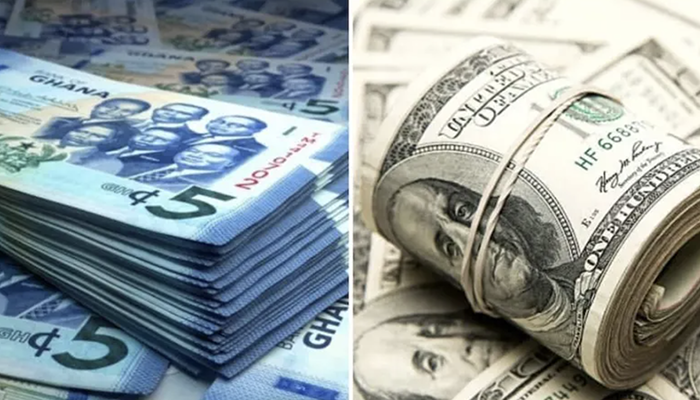Stability of Ghana's Cedi Amid Central Bank Support
In a notable turn of events, Ghana’s cedi has shown signs of stabilizing against major foreign currencies, following months of pressure and depreciation. The local currency, which has been a subject of concern for both citizens and investors due to its volatility, is now receiving a much-needed boost—thanks to strategic interventions by the Bank of Ghana (BoG).
The Central Bank, in its recent monetary policy updates, confirmed that it has increased forex supply to key sectors while tightening monetary policy to curb inflation. These actions, alongside inflows from the IMF support program and stronger remittance performance, are contributing to the cedi’s current resilience.
As of this week, the cedi is trading at relatively steady levels, hovering around GH¢15.50 to the US dollar. This represents a modest recovery from the steep depreciation seen in the early months of the year, when it touched near GH¢13.50 in the informal market. Analysts attribute this positive trend to a combination of macroeconomic discipline, improved confidence in fiscal reforms, and targeted liquidity management.
Traders in Accra’s forex bureaus report a more stable demand-supply dynamic. “Earlier this year, people were rushing to buy dollars in fear. Now, things are calming down a bit,†says Kwame Asare, a local forex operator. “We’re not out of the woods yet, but we’re not falling off the cliff either.â€
The BoG’s commitment to fighting inflation and defending the cedi appears firm. In addition to tightening rates, it has also clamped down on speculative activities and illegal forex trading practices, which previously fueled market instability. Moreover, Ghana’s recent debt restructuring deal and ongoing talks with external creditors are reinforcing market confidence, making investors more optimistic about the country’s economic prospects.
However, some economists caution that the cedi’s stability remains fragile and depends heavily on sustained policy discipline and external factors such as global commodity prices and US interest rate trends. “The central bank is doing what it can, but the broader economy still needs to generate enough foreign exchange through exports and investment inflows,†notes Dr. Ama Yeboah, an Accra-based financial analyst.
For now, Ghanaians can breathe a little easier as the cedi holds steady. But with global uncertainties still looming, the Central Bank’s role will continue to be crucial in maintaining this newfound balance.
Follow for more as we keep an eye on the cedi’s journey through Ghana’s evolving economic landscape.


